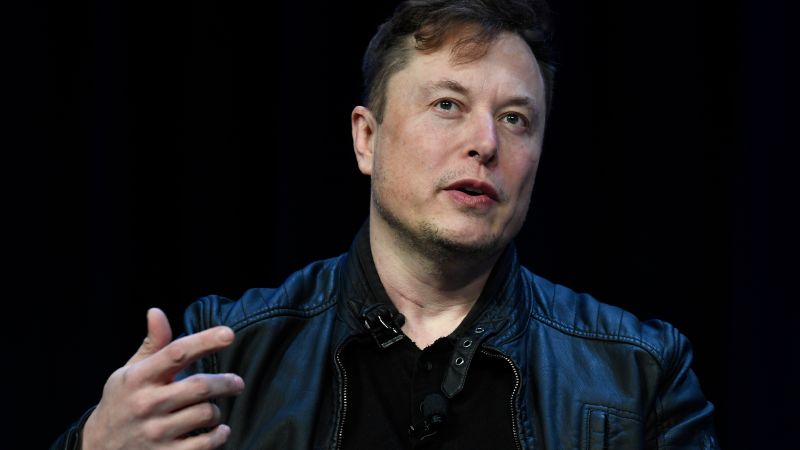News organizations have a message for Elon Musk: We are not going to pay you for checkmarks on Twitter.
The New York Times, Los Angeles Times, the Washington Post, BuzzFeed, POLITICO, and Vox all scoffed at the notion on Thursday that they would pay Twitter for the feature, which has been free since it was introduced years ago but will soon be phased out.
CNN said it has no intention of paying for Twitter’s subscription service for its accounts but would make a few exceptions for some key staff.
“As of right now, we do not plan to pay for Twitter Blue subscriptions for either our brand or individual accounts, except for a small number of select teams who need this verification as an essential part of newsgathering and reporting,” said Athan Stephanopoulos, CNN’s chief digital officer, in a staff memo Friday.
Twitter announced last week that it will begin “removing legacy verified checkmarks” starting April 1. Musk has aimed to charge organizations that want to retain a checkmark adjacent to their account name $1,000 a month, plus an additional $50 a month for each affiliated account.
Historically, a blue checkmark placed next to the name of an account has indicated that the social media company has confirmed the identity of the person or business operating it. The feature has been helpful to Twitter’s entire community, giving the public an easy way of distinguishing between authentic and inauthentic users.
But Musk, who has sought to change Twitter’s business model and make it less reliant on advertisers — many of which have fled the company since he took over last year — wants to charge for the coveted check.
Musk earlier this year launched Twitter Blue, a subscription service that costs $8 a month. The main benefit? A blue checkmark.
News organizations, however, have said they have no plans to fork over any money for the checkmark.
“We aren’t planning to pay the monthly fee for check mark status for our institutional Twitter accounts,” a spokesperson for The New York Times said Thursday. “We also will not reimburse reporters for Twitter Blue for personal accounts, except in rare instances where this status would be essential for reporting purposes.”
The Los Angeles Times told staffers that Twitter is “not as reliable as it once was” and that it will “not be paying to verify our organization” on Twitter.
“Some of you may be wondering whether or not the L.A. Times will pay for Twitter Blue subscriptions, and the answer right now is no, for several reasons: First of all, verification no longer establishes authority or credibility, instead it will only mean that someone has paid for a Twitter Blue subscription,” said Sara Yasin, managing editor of the Los Angeles Times.
The Washington Post said it “will not pay for Twitter Blue service as an institution or on behalf of our journalists” because “it’s evident that verified checkmarks no longer represent authority and expertise.”
BuzzFeed also told staffers at BuzzFeed News and HuffPost that it will not pay for them to retain their checkmarks on Twitter.
“As an organization, we will not cover fees for individuals to keep their blue checkmarks moving forward,” Karolina Waclawiak, editor in chief of BuzzFeed News, and Danielle Belton, editor in chief of HuffPost, told staffers in a message to both newsrooms. “There are several reasons for this, but one outweighs them all: a blue checkmark no longer means the handle is ‘verified.’”
Vox Media also advised staffers that “it will generally not pay for employees to keep or gain Twitter verification,” according to a memo from group publisher Christopher Grant.
POLITICO additionally said it will not pay for Twitter Blue.
“In the future, a checkmark will no longer mean you are a verified journalist,” Anita Kumar, senior editor of standards and ethics at POLITICO, told the newsroom in a memo. “Instead, it will simply mean you are paying for benefits such as longer tweets and fewer ads.”
Read the full article here










